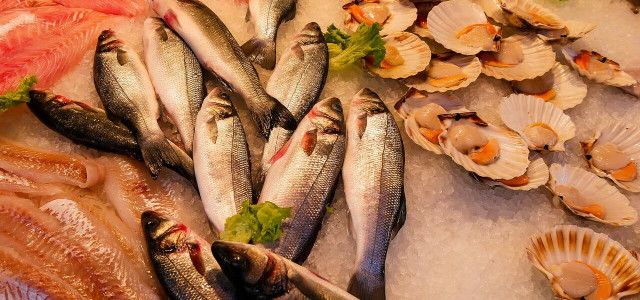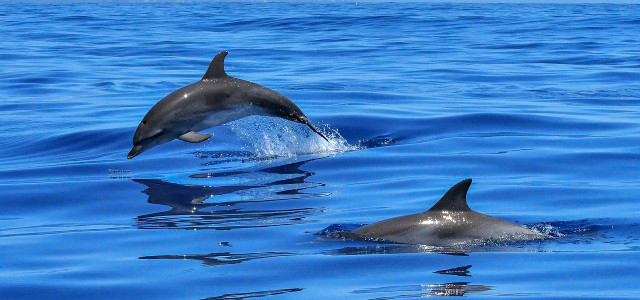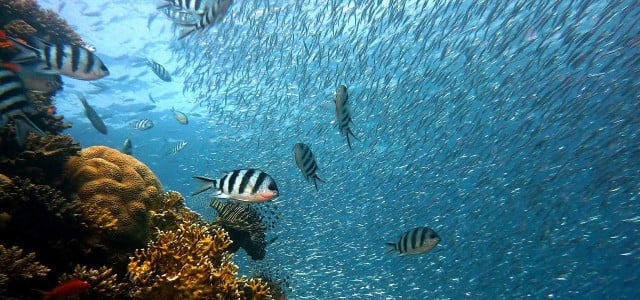A pescatarian diet can be a healthy and environmentally friendly diet. Learn what a pescatarian diet is and why so many people are making the switch.
A pescatarian diet is similar to a vegetarian diet, with one exception: pescatarians include fish and seafood in their meals.
Some people choose a pescatarian diet for environmental reasons, because meat consumption contributes significantly to greenhouse gas emissions and has other negative environmental effects. Others decide to go pescatarian for health reasons, wanting to follow a more plant-based diet while still getting the healthy fats from fish. Either way, there are plenty of health and environmental benefits to following a pescatarian diet, with some small exceptions. Read on to find out more.
What Do Pescatarians Eat?



A pescatarian diet has a lot in common with a vegetarian diet, with a few notable differences. A typical pescatarian diet includes:
- Fruits and vegetables
- Nuts and seeds
- Whole grains
- Eggs
- Dairy
- Fish and other seafood
Environmental Impacts of a Pescatarian Diet
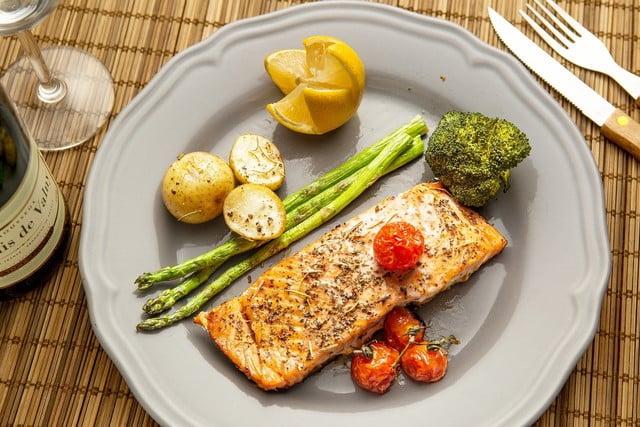


People choose to follow a pescatarian diet for a number of reasons, one of which is its environmental impact. Livestock production methods are a significant driver of environmental damage, and fish and seafood have a much lower carbon footprint.
On top of that, there are some serious ethical benefits to fish production over livestock production, as many people oppose the inhumane slaughtering and working practices in animal farming. You can avoid supporting these unethical factory farming practices by cutting out meat products. However, when you consume egg and dairy products, you should still be mindful of how those items are produced.
Fish farms are becoming more popular to keep up with demand. However, fishing is not without its environmental drawbacks. Aquaculture is bad for the environment and produces fish raised that don’t have the same health benefits as those raised in the wild. Overfishing is now a global environmental issue that also poses ethical questions.
In addition, there is the problem of plastics in the ocean. Plastic pollution is a well-known environmental issue, but did you know it is a health concern for humans and fish alike? Fish eat the microplastics found in our oceans, and we eat those fish. That means the plastic we throw out is coming back and entering our bodies through fish consumption.
The Health Benefits and Drawbacks of a Pescatarian Diet
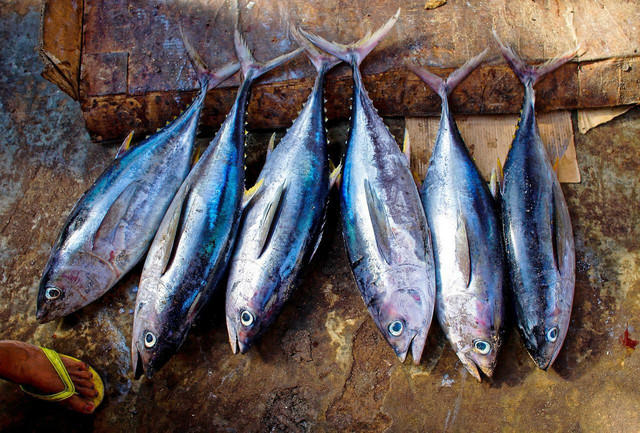


To be a conscious consumer, you need to understand both sides. Although pescatarian diets are a great alternative to typical omnivorous diets, there are a few more points to consider.
- Health benefits: Plant-based diets are healthier than meat-based ones, and pescatarian diets have the same advantages. Most notably, pescatarian diets are rich in the fatty acid omega-3, a healthy fat that lowers blood pressure and aids heart, brain, immune cell and eye function. Fish are also a great source of lean protein, which may otherwise be difficult to get in a vegetarian diet. Furthermore, fish and seafood are packed with nutrients, especially B vitamins, and are low in saturated fats.
- Mercury consumption: Some fish should only be eaten in moderation. Fish like tuna and swordfish contain moderately high levels of methylmercury, a form of mercury that can cause health problems. In particular, pregnant women and young children should avoid consuming foods that could contain mercury.
Read more:
- Swai Fish: 5 Reasons Not to Eat Pangasius
- Are Narwhals Endangered? How You Can Help Narwhals
- Vegan Lox Recipe: Plant-Based Smoked Salmon
Do you like this post?






